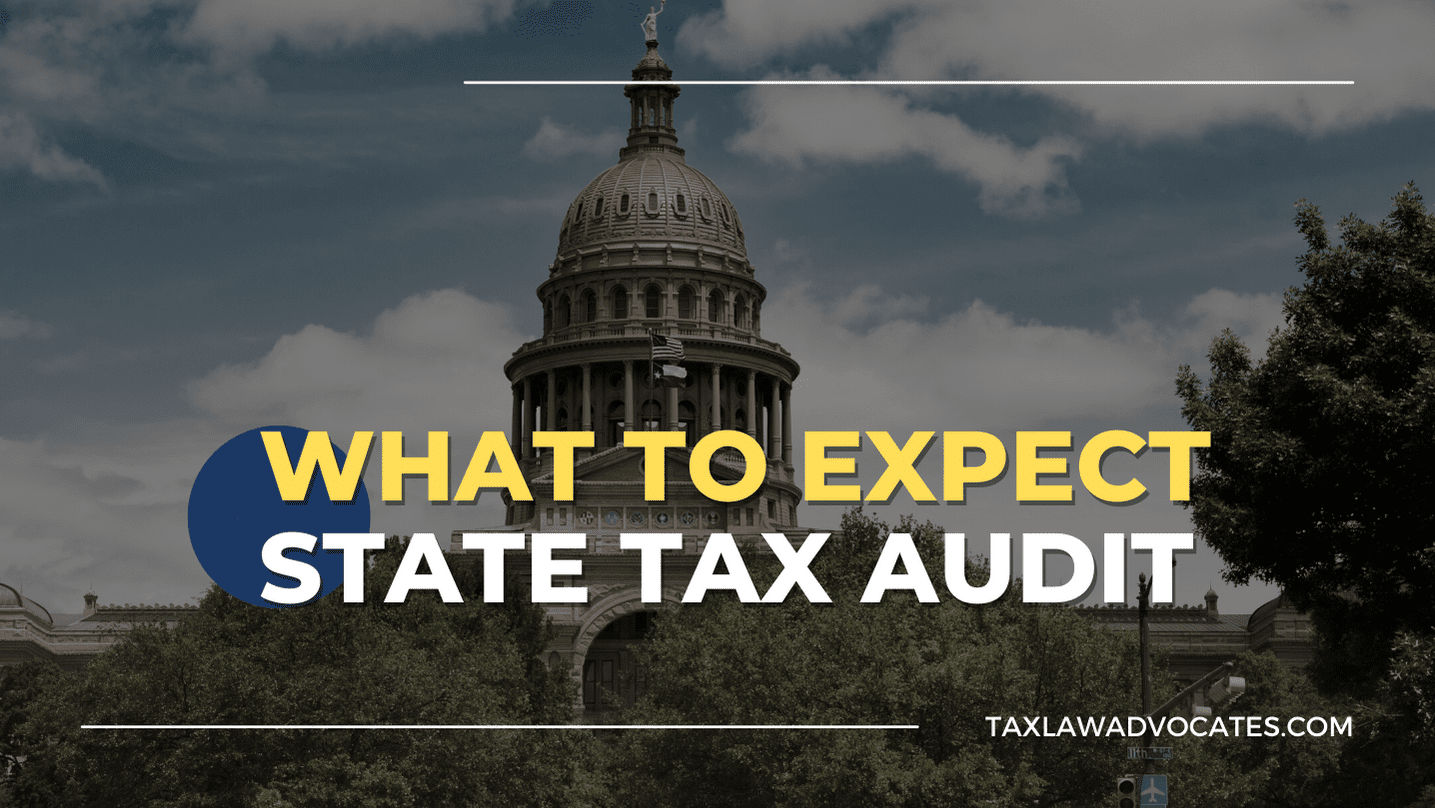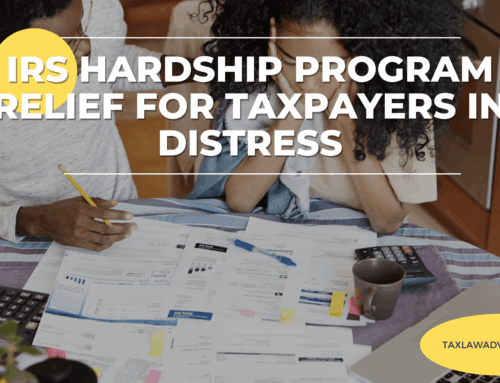Are you expecting a state tax audit? Or maybe you’re just curious about the differences between federal and state tax audits. Either way, there are some important distinctions to know when preparing for an audit in your state.
Whether you’re facing a state audit or one from the IRS, the experts at Tax Law Advocates can help you. We are licensed in all 50 states and have helped thousands of people save millions of dollars in tax debt. Unfortunately, it’s often not enough to just “do the right thing” with these audits. You need someone on your side to ensure that you don’t pay more than you should.
Timelines
The timeline for a state audit is much shorter than it is for a federal one. Most states require that any taxpayer who is selected for an audit must provide relevant documents within 30 days of receiving the notice—and if they don’t, they may be subject to penalties or other sanctions. For example, in California, taxpayers have only 20 days to respond after being notified that they are under audit. Moreover, unlike the IRS, most states will not grant extensions beyond this time frame.
State-Specific Rules
Another difference between federal and state taxes is that many states have specific rules regarding what type of records you need to keep in order to prepare for an audit. For example, some states require that taxpayers maintain detailed records of all business expenses for at least five years prior to the current year’s returns.
Other states may also require additional records such as payroll forms or sales receipts depending on the type of business activity being reported. Also, unlike federal audits, which are conducted by IRS employees, some states use private contractors or auditors to perform their audits; these contractors may be more aggressive when it comes to examining documents due to their incentive-based fee structure.
More Aggressive Approach
It’s also important to note that while the IRS generally works with taxpayers who are honest but make mistakes on their returns, many state departments take a much more aggressive approach when it comes to assessing penalties and interest. In addition, some states can assess criminal charges against those who knowingly file false returns or evade taxes altogether; this is something that the IRS rarely does unless there is evidence of fraud or willful evasion of taxes.
Know What Your Up Against
State tax audits are different from federal ones in many ways – from timelines and record-keeping requirements through potential penalties and criminal charges – so it’s important for US taxpayers to understand what they may be up against before responding to an audit notice from their state department of taxation. Knowing what’s expected ahead of time can help ensure a smoother process overall as you work through any issues during your tax audit.
Contact us today for a free consultation and be free of tax debt today.






